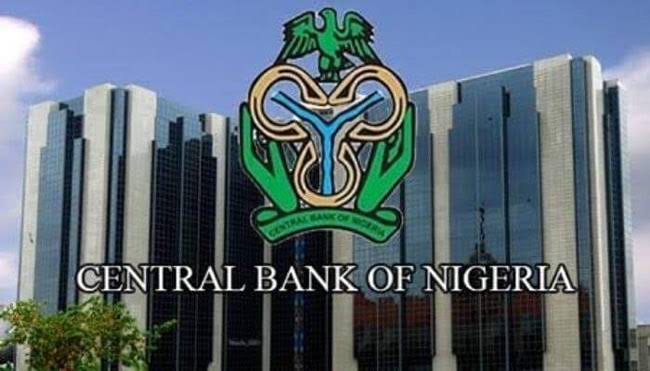President Bola Tinubu revealed that exempting the Federal Capital Territory (FCT) from the Treasury Single Account (TSA) has revitalized stalled projects and fast-tracked development across Abuja.
Speaking during a Sallah homage at the Presidential Villa where he welcomed FCT residents led by Minister Nyesom Wike, Tinubu explained how this administrative change has transformed the capital city’s infrastructure landscape.
“I recall when the FCT Minister approached me requesting exemption from TSA constraints to accelerate development. I asked to see his plans, and since approving that request, we’ve witnessed remarkable progress,” Tinubu stated. “The transformation includes opening up rural areas, reviving abandoned initiatives, and completing the Vice President’s official residence that had remained unfinished for years.”
The President praised Wike’s leadership in driving infrastructural improvements, restructuring public services, and establishing clear career advancement pathways for civil servants. He encouraged Nigerians to evaluate leadership based on tangible results rather than ethnic or religious considerations.
Tinubu also highlighted broader improvements in national security and economic conditions, noting stabilizing food prices, business growth, and strengthening national unity.
In response, Minister Wike expressed appreciation for the President’s decision to free the FCT from TSA restrictions, which had previously created bureaucratic hurdles to project execution. He reaffirmed the administration’s dedication to implementing programs that improve residents’ quality of life.
The gathering brought together numerous dignitaries including Vice President Kashim Shettima, National Security Adviser Nuhu Ribadu, Minister of Information Mohammed Idris, alongside traditional rulers, religious leaders, lawmakers, security officials, and community representatives.
Understanding the Treasury Single Account
The Treasury Single Account functions as a consolidated banking system that centralizes all government financial transactions to enhance fiscal control and transparency. This framework aims to improve cash flow management, reduce borrowing costs, and eliminate inefficiencies associated with maintaining multiple accounts across financial institutions.
Under TSA regulations, government agencies are prohibited from operating independent bank accounts, with all public funds—both budgetary and extra-budgetary—required to be centralized under Treasury supervision.
The TSA operates through two primary models:
- A single banking institution maintains the main TSA and related sub-accounts
- The main TSA resides in one institution, while zero-balance ledger sub-accounts exist in others, with daily transfers to the main account at the Central Bank of Nigeria or other designated institution
By exempting the FCT from these requirements, the administration has enabled faster decision-making and more efficient project implementation throughout the nation’s capital.








Leave a Reply